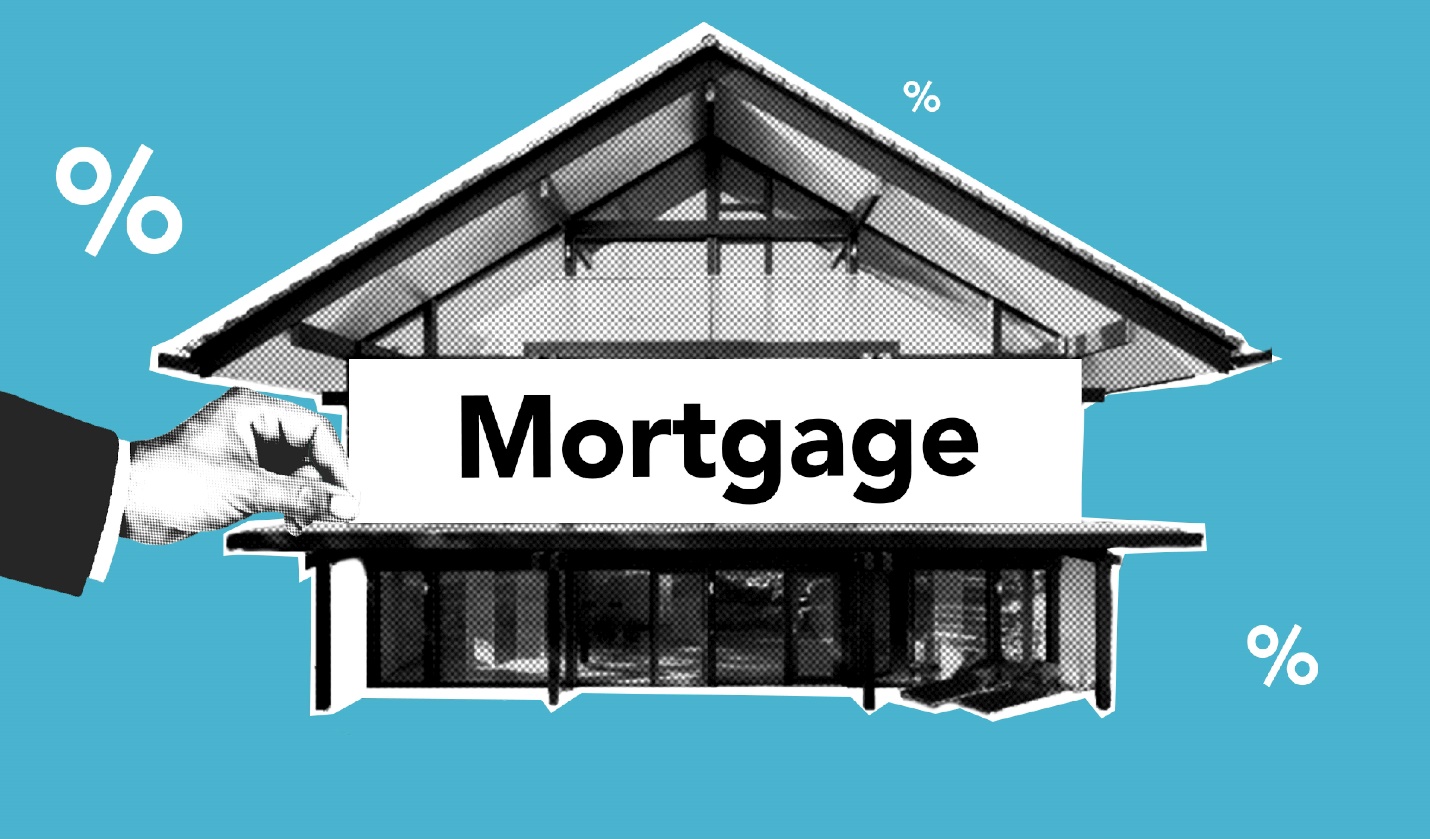Responsible Credit Building: A Comprehensive Guide for Novices
Building strong credit is essential for reaching your financial objectives, whether it's purchasing a home, a car, or just obtaining a loan with favorable conditions. For people in their 20s, 30s, 40s, and even 50s who are just beginning out with credit, the process might seem overwhelming. This tutorial will walk you through the process of carefully developing credit, guaranteeing a solid financial foundation for the future.

1. Understanding Your Credit Score and Report
Before you start developing credit, you should understand how it works. Your creditworthiness is represented numerically by your credit score, which normally ranges from 300 to 850. Lenders view a higher score as indicating reduced risk. Your credit report, on the other hand, has a thorough history of your credit activities, such as loans, credit cards, and missed payments. You are entitled to a free credit report each year from each of the three main credit agencies (Equifax, Experian, and TransUnion) at AnnualCreditReport.com. Reviewing your report on a frequent basis helps you detect problems and track your progress.
2. Getting Your First Credit Card
One of the most efficient strategies to establish credit is to use your credit card properly. Begin with a secured credit card, which requires a security deposit and acts as your credit limit. This reduces risk for the lender and provides an excellent entry point for folks with little or no credit history. Use the card for minor, frequent purchases and pay off your amount in whole and on time each month. This exhibits responsible credit use. Avoid applying for many cards at the same time, as this might lower your credit score.
3. Utilizing Other Credit-Building Methods
While credit cards are a necessary component of credit building, alternative solutions exist. Consider becoming an authorized user on a credit card belonging to a family member or acquaintance who has a strong payment history. This can improve your credit score, as long as the primary cardholder uses the card responsibly. A modest loan, such as one from a credit union or a personal loan, provides an additional choice. Your credit score will rise if you consistently make your loan payments on schedule. However, don't take out more loans than you can reasonably afford.
4. The Importance of On-Time Payments
This cannot be underlined enough: paying your payments on time is critical. Late payments drastically lower your credit score. To avoid missing a due date, set up automated payments or reminders. Even a single missed payment can have long-term consequences, so make regular payments your top priority.
5. Monitoring Your Credit Regularly
It is critical to track your success after you begin building credit. Check your credit report on a regular basis for correctness and to follow your credit score's progress. This helps you to recognize and handle any possible difficulties as soon as they arise. Credit monitoring and score tracking are available through a number of free and paid services. Use these tools to manage your credit in an educated and proactive manner.

6. Avoiding Common Credit Mistakes
Many hazards might impede your credit-building path. Avoid asking for too much credit at once since it can damage your credit score. Similarly, avoid maxing out your credit cards, as this shows high credit use, which lenders see adversely. Finally, be aware of unscrupulous lenders that promise rapid loans with excessive interest rates. Before accepting to a loan, select trustworthy financial institutions and thoroughly analyze the terms.

Conclusion:
Building excellent credit requires effort and commitment, but the benefits are enormous. By taking these measures and continuously practicing proper credit management, you may build a solid financial foundation that will serve you well for years to come. Remember, patience and persistence are essential. Do not be disheartened by delayed progress; constant work will ultimately provide beneficial outcomes. Begin today and create a better financial future for yourself.
(Writer:Hoock)





